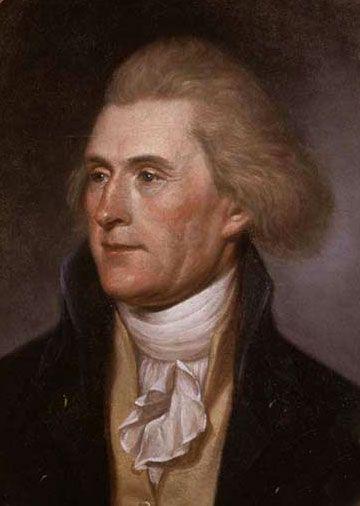
There was nothing quite like it in Medieval Europe. When a new Duke was about to be installed in the Duchy of Carantania of the 7th and 8th centuries, he did not assume power solely by divine right, as was common elsewhere in Europe. Instead, the prospective duke, symbolically wearing peasants’ clothing, faced a member of the peasantry who had been selected by ordinary people. Using an early form of what was to become the Slovenian language, the peasant then questioned the soon-to-be duke -- and the surrounding crowd -- about the duke’s integrity and asked him whether he was really concerned with the well-being of his duchy. Only when the crowd gave its public consent was the prospective duke finally able to don his ducal vestments and take his oath of fealty – but not before being ceremonially slapped by the peasant.
The ceremony was remarkable because it was based on the notion of the consent of the governed. The ruler had no inherent right to his title; that title was only given to him if the people believed that he would care for the well-being of the duchy.
The ceremony outlived the independent Duchy of Carantania, which had effectively ceased to exist in the 9th century. Carinthia, its successor, would retain it until the 15th century, when the Hapsburgs gained control of the region. The ceremony might have been forgotten had it not been mentioned in several historic chronicles, including one by Pope Pious II.
French political philosopher Jean Bodin relied on Pope Pious II’s account for his description of the Carantanian Installation of the Dukes in his seminal work on republican rule. And it was that book that Jefferson had read before drafting the Declaration of Independence.
In the 1960s, Slovenian-American professor Joseph Felicijan discovered that Jefferson had personally marked the page in Bodin’s book discussing the installation ceremony. According to Felicijan, the description served as the primary inspiration for Jefferson’s Contractual Theory, the notion that no one has an inherent right to rule someone else, but that a ruler enters a contract with the ruled and that he has an obligation to those he serves. In other words, the ancient Carantanian ceremony inspired the revolutionary American concept of government.
When President Bill Clinton visited Slovenia in 1999, he cited Jefferson’s inspiration as the beginning of U.S.-Slovenian friendship.

































































